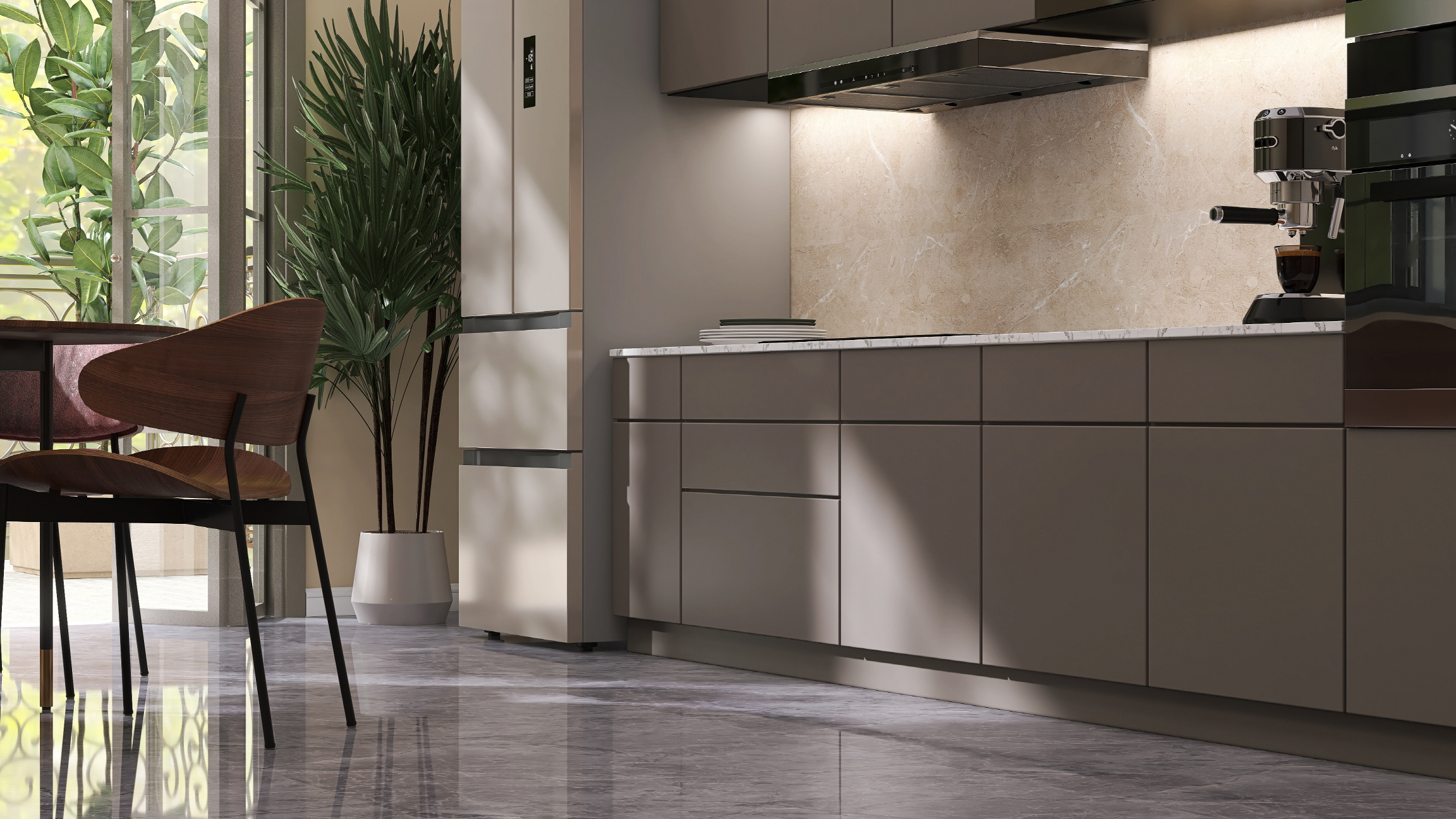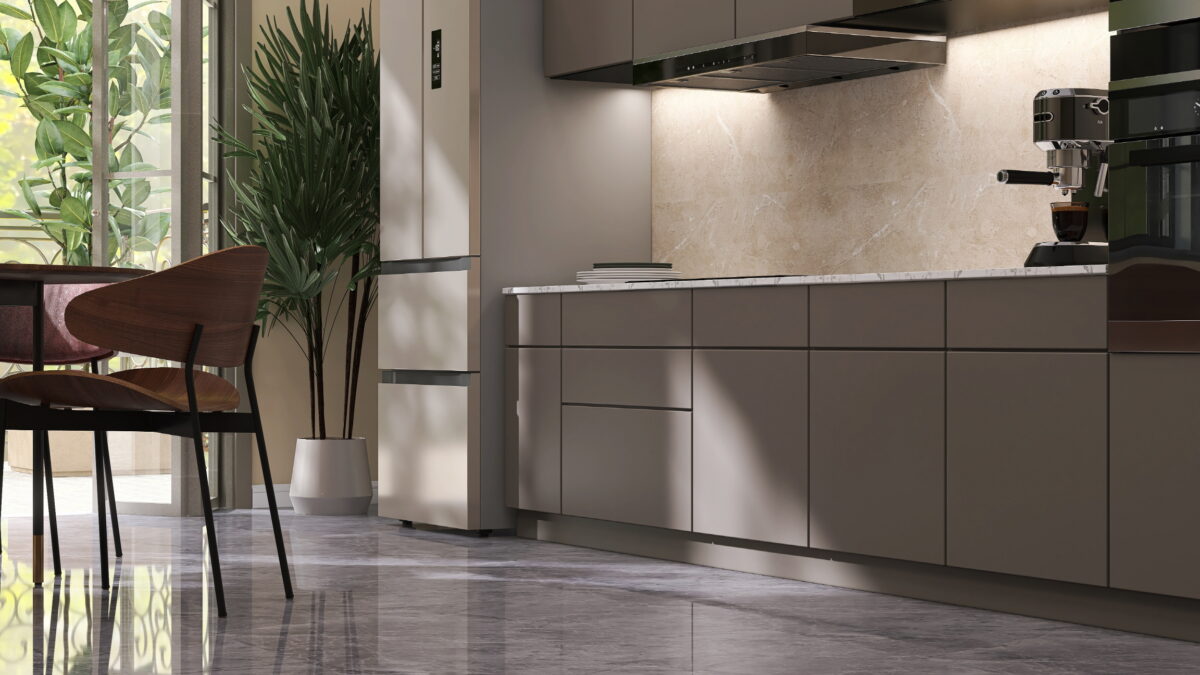
In recent years, vinyl flooring has undergone a significant evolution, particularly with the introduction of numerous waterproof options. These innovative flooring solutions combine durability, versatility, and style, making them an ideal choice for modern homes. In this comprehensive guide, we’ll delve into everything you need to know about the top waterproof vinyl flooring options, covering selection, installation, maintenance, and more.
Introduction to Best Waterproof Vinyl
Waterproof vinyl flooring is specifically designed to endure moisture, making it ideal for areas prone to spills, splashes, and humidity. Unlike traditional vinyl flooring that may warp or sustain damage when exposed to water, waterproof vinyl is engineered to resist moisture penetration, ensuring both longevity and an enduring appearance.
Vinyl vs. Other Flooring Types
When compared to other flooring options like laminate, hardwood, and tile, waterproof vinyl offers several distinct advantages. Not only is it more affordable and easier to install, but it also provides superior water resistance, making it an ideal choice for kitchens, bathrooms, and other high-moisture areas.
Installation Best Practices
Installing waterproof vinyl flooring demands meticulous preparation and attention to detail. It’s crucial to start by ensuring that the subfloor is clean, dry, and level to avoid potential problems like buckling or warping. Adhering to manufacturer guidelines and employing the appropriate tools and techniques are also essential steps to guarantee a successful installation process.
Maintenance Tips
One of the primary advantages of waterproof vinyl flooring is its low maintenance needs. Typically, regular sweeping or vacuuming to eliminate dirt and debris, combined with occasional mopping using a mild detergent, is all that’s necessary to maintain the cleanliness and beauty of your floors.
Best for High-Traffic Areas
Waterproof vinyl flooring is an excellent option for high-traffic areas like entryways, hallways, and living rooms. Its durable construction and resistance to wear and tear make it particularly suitable for busy households with children and pets.
Ideal for Pets and Kids
For households with pets and children, waterproof vinyl flooring provides peace of mind. Its waterproof properties simplify cleanup of spills and accidents, while its scratch resistance ensures that it maintains its appearance even in homes with active pets.
Top Choices for Kitchens & Bathroom
In both kitchens and bathrooms, waterproof flooring is essential. Vinyl planks or tiles with waterproof backing are ideal choices for these spaces, providing a blend of style and functionality.
Pros and Cons of Waterproof Vinyl
Waterproof vinyl flooring is a popular choice among homeowners due to several advantages:
- Water Resistance: Its ability to resist water damage makes it perfect for moisture-prone areas like kitchens, bathrooms, and basements.
- Durability: Vinyl flooring is highly durable and can withstand heavy foot traffic, making it suitable for busy households and high-traffic areas.
- Easy Maintenance: Simple cleaning routines involving regular sweeping and occasional mopping keep vinyl flooring looking its best without the need for special treatments or sealants.
- Wide Range of Styles and Colors: With numerous styles, colors, and patterns available, waterproof vinyl flooring offers versatile design options to complement any decor style.
Despite its many benefits, there are some potential drawbacks to consider:
- Susceptibility to Fading: Like many flooring materials, vinyl can fade over time when exposed to direct sunlight. To prevent fading, use window treatments or rugs to shield your floors from UV rays.
- Synthetic Look: While vinyl flooring may have a slightly synthetic appearance compared to natural materials like hardwood or stone, technological advancements have resulted in options that closely mimic the look and feel of these materials, offering a more realistic aesthetic.
Choosing the Right Waterproof Vinyl
When choosing waterproof vinyl flooring for your home, it’s important to consider factors such as style, durability, and budget. Seek out reputable brands renowned for their quality and reliability, and don’t hesitate to request samples or seek advice from a flooring professional to ensure you make the right decision.
DIY vs. Professional Installation
Although waterproof vinyl flooring can be installed as a DIY project, hiring a professional installer may guarantee optimal results, particularly for larger or more intricate areas. Professional installers possess the expertise and tools required to ensure a flawless installation.
Impact on Home Value
Investing in waterproof vinyl flooring can increase the value of your home, particularly if you opt for high-quality materials and have them professionally installed. Prospective buyers value the durability, aesthetics, and minimal maintenance needs of waterproof vinyl flooring.
Types and Layers of Waterproof Flooring
Waterproof vinyl flooring usually comprises multiple layers, including a waterproof core, wear layer, and decorative layer. This construction offers both water resistance and durability, ensuring enduring performance in any setting.
Styles: Planks vs. Tiles
Waterproof vinyl flooring is offered in two primary styles: planks and tiles. Planks replicate the appearance of hardwood flooring, while tiles imitate the look of ceramic or stone. Both styles are available in a diverse range of colors, patterns, and textures, catering to various design preferences.
Conclusion: Selecting Your Vinyl Flooring
Waterproof vinyl flooring stands as an excellent choice for homeowners seeking durable, low-maintenance flooring solutions. By adhering to the tips and guidelines provided in this guide, you can confidently select the best waterproof vinyl flooring for your home, ensuring years of beauty and performance.

